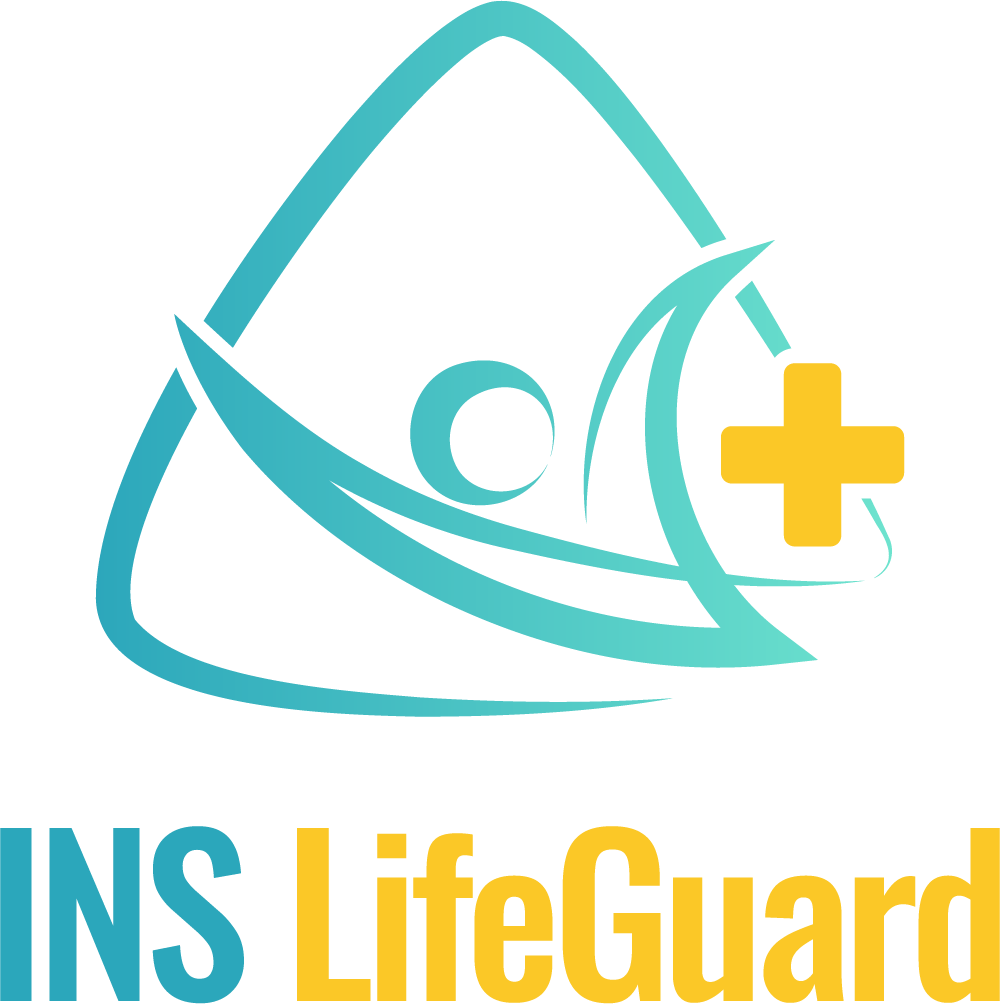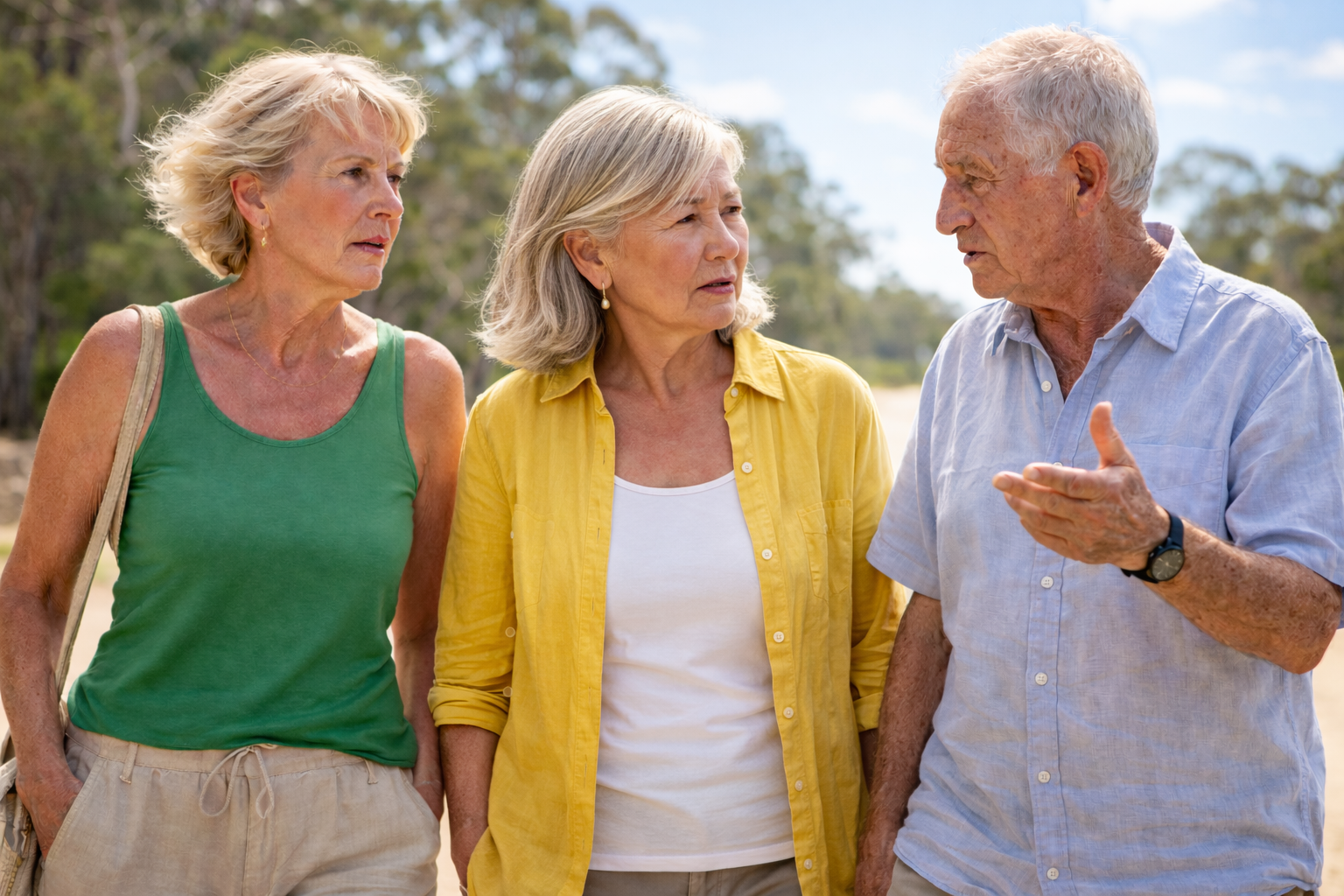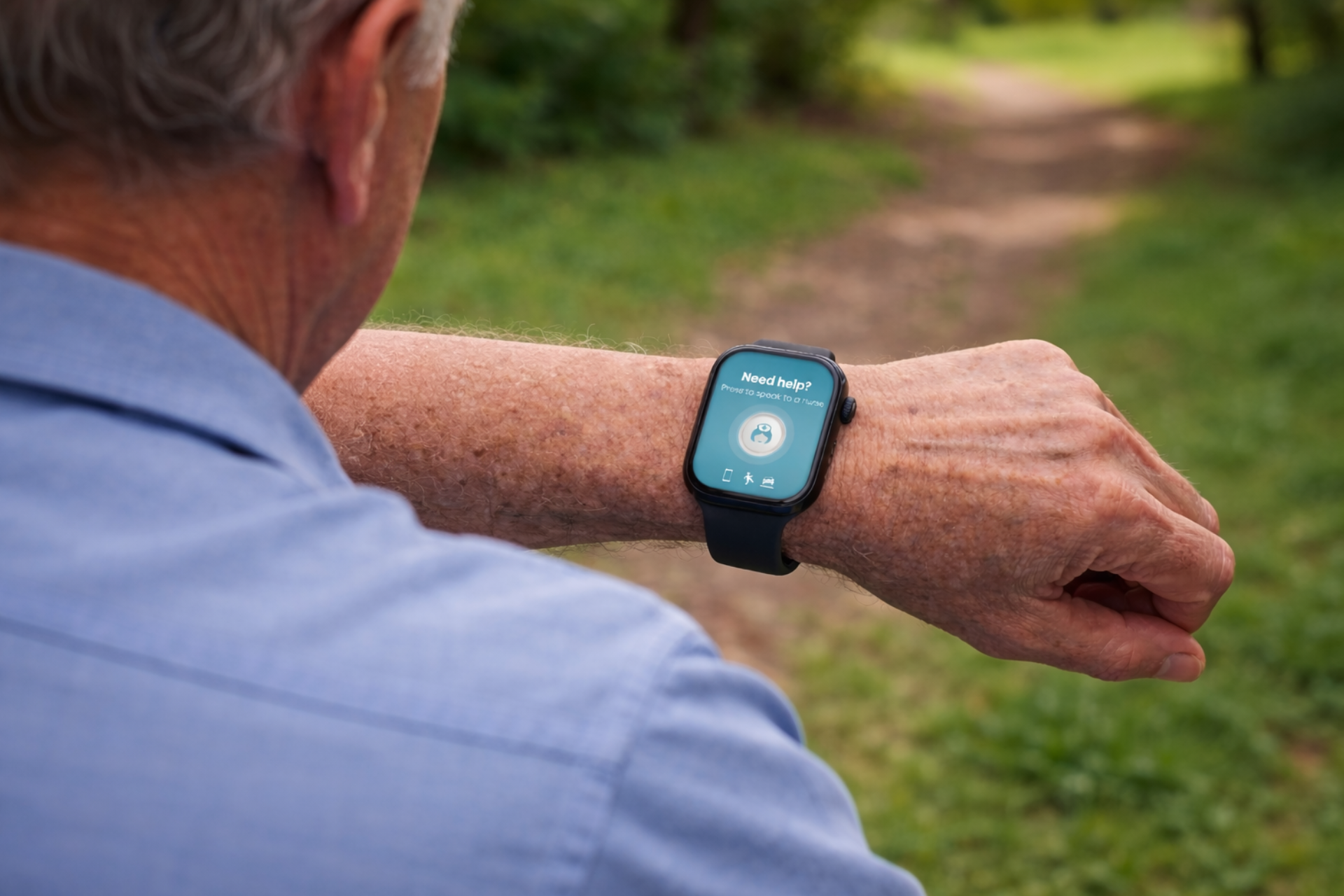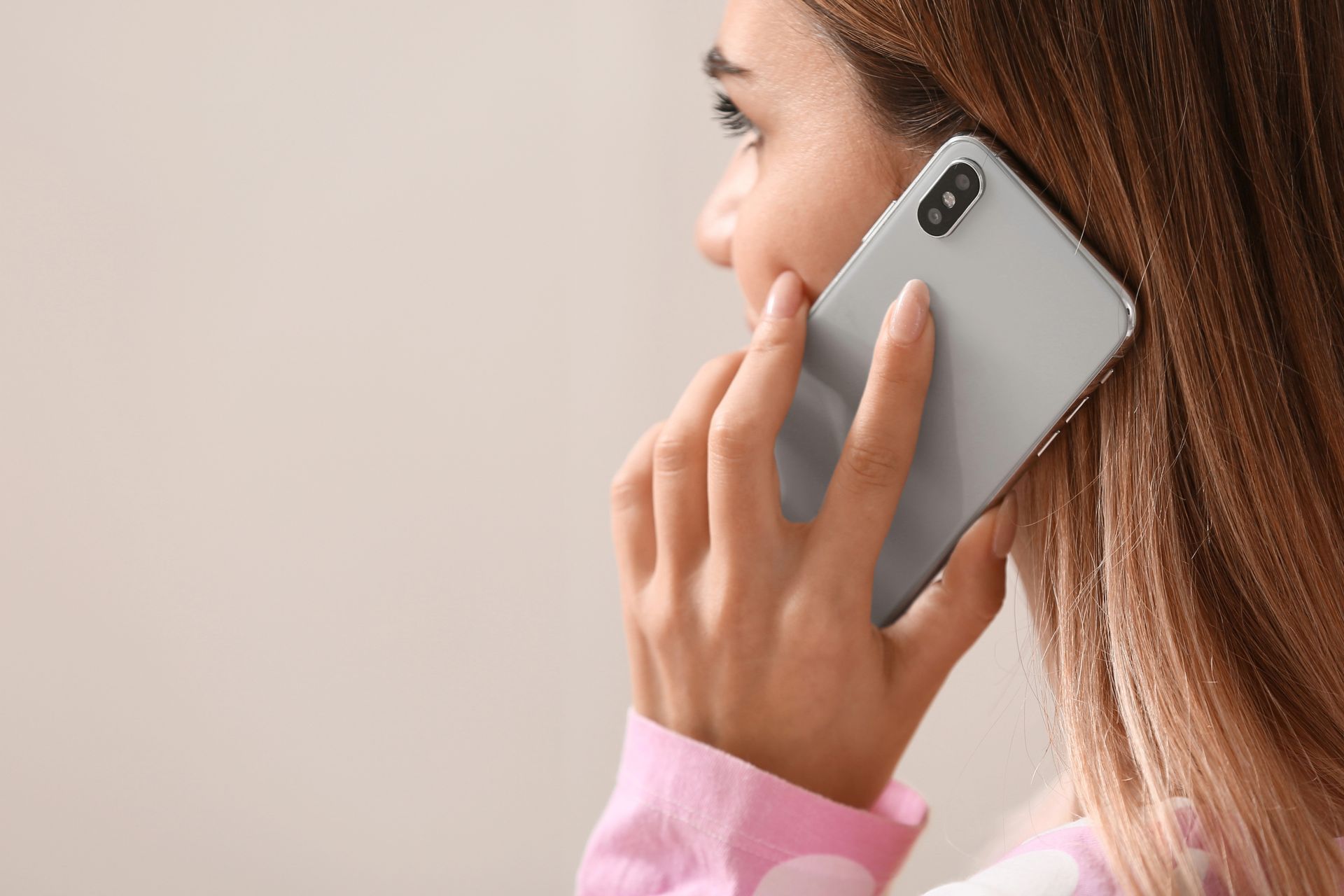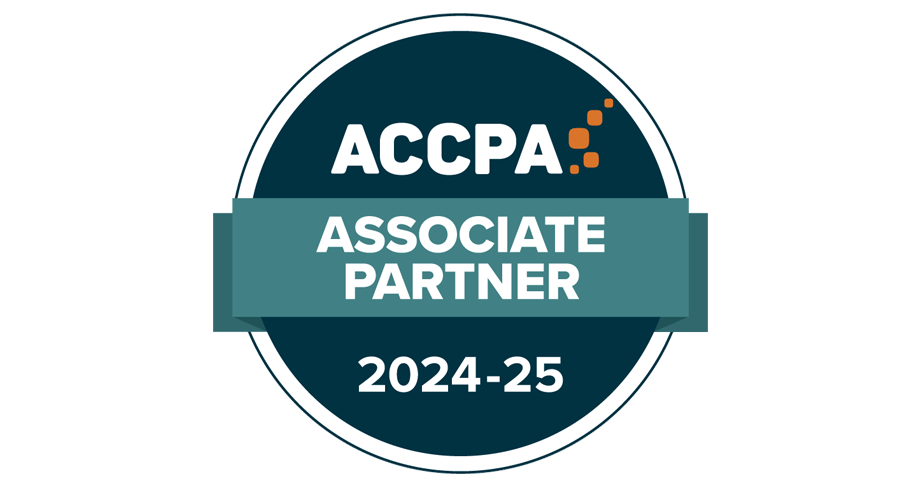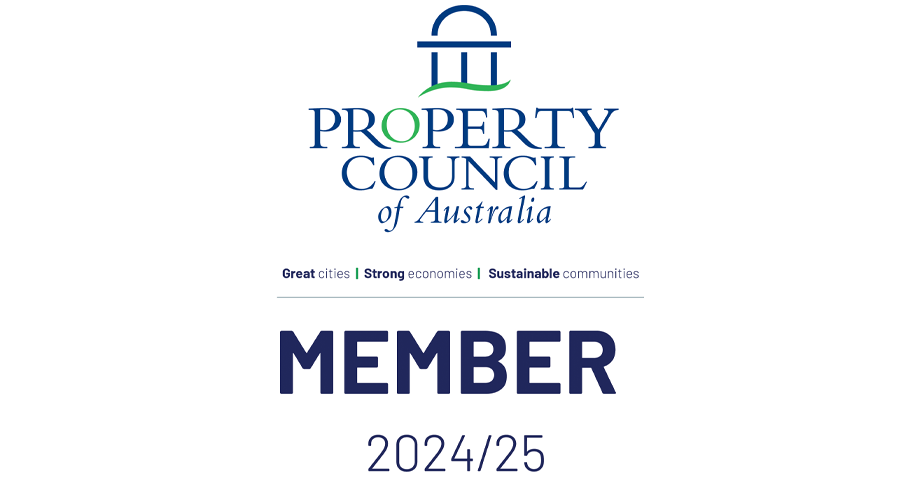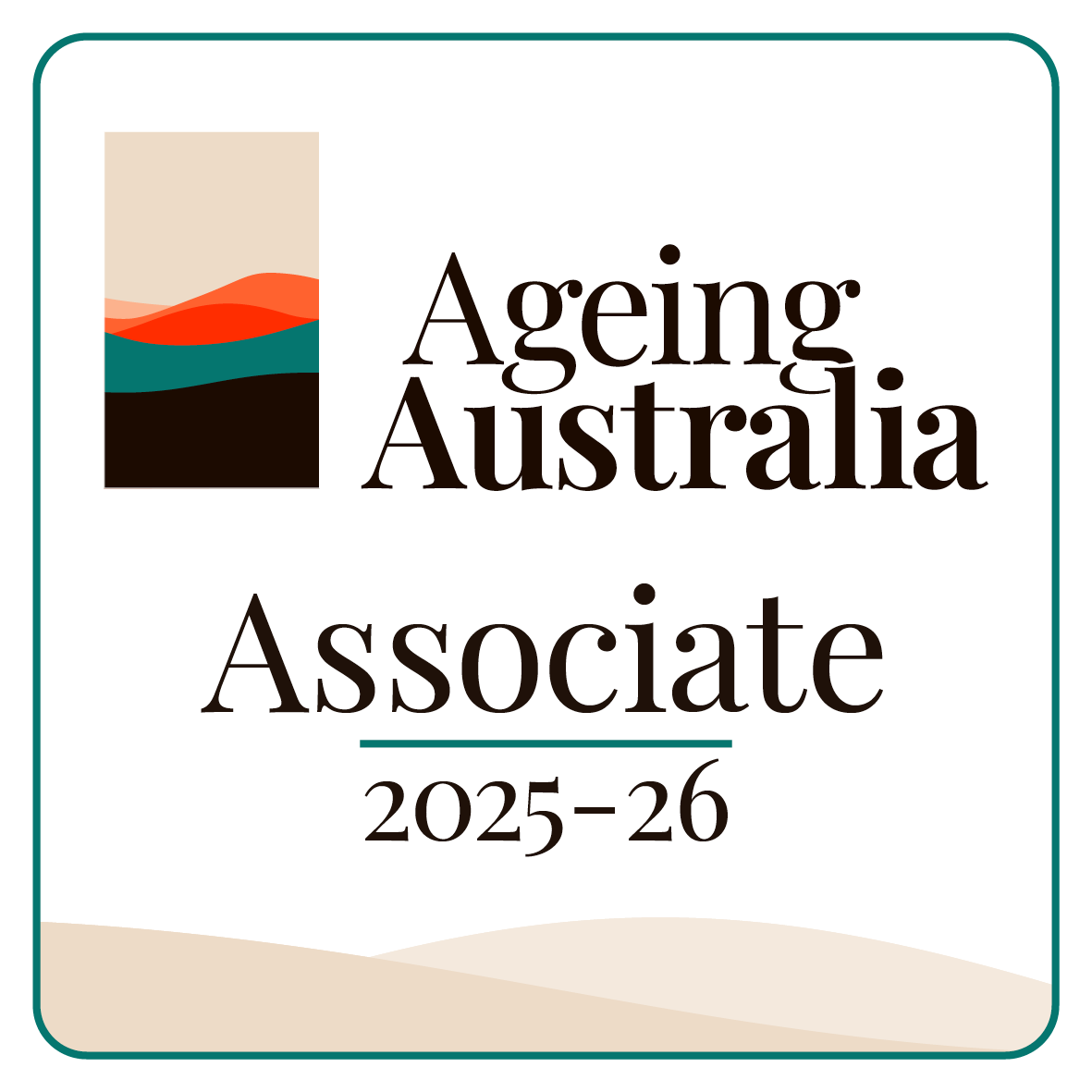Have a Question?
Early Hospital Discharge in Australia: What It Means and How to Stay Supported

Leaving the hospital sooner than expected can be daunting, especially if you or a loved one still require medical support. Early hospital discharge is becoming more common in Australia due to increasing demand for hospital beds, resource limitations, and a growing emphasis on home-based recovery. While recovering at home has its benefits, having the right support system in place is essential to ensure a smooth transition and continued care.
What Is Early Hospital Discharge?
Early discharge refers to patients being released earlier than the traditional recovery timeline, often with ongoing care needs. Hospitals aim to discharge patients as soon as they are stable enough to recover safely at home, freeing up beds for those needing care.
What Is Exit Block?
Exit block occurs when patients who are medically stable and ready to leave the hospital cannot be discharged due to a lack of available community or post-hospital care options. This issue contributes to hospital overcrowding, delaying admissions for new patients and increasing strain on emergency departments.
Common reasons for exit block include:
- Limited home care or community support services, making it unsafe for patients to leave.
- Delays in securing residential aged care placements for elderly patients.
- Insufficient rehabilitation or post-acute care facilities, preventing timely transfers.
- Lack of transportation or family support to assist with discharge and home recovery.
While exit block is a significant challenge for hospitals, early discharge is one of the strategies used to reduce overcrowding by prioritising hospital resources for critical patients.
Why Does Early Discharge Happen?
Several factors contribute to early hospital discharge in Australia:
1. Hospital Bed Shortages
Public and private hospitals often experience high demand for beds, particularly in emergency departments and intensive care units. To manage capacity, hospitals may discharge patients sooner to accommodate those with more acute needs.
2. Advancements in Medical Care
Medical technology and treatments have improved, allowing for shorter recovery times. Many procedures that once required lengthy hospital stays can now be managed through day surgery, outpatient care, or home recovery programs.
3. Increased Pressure on Healthcare Systems
With an ageing population and rising chronic disease cases, Australia’s healthcare system faces significant strain. Hospitals aim to move stable patients into community-based care to optimise resources.
4. Preference for Home-Based Recovery
Many patients prefer recovering at home, feeling more comfortable and at ease. Studies show that home recovery can reduce stress, improve mental well-being, and lower the risk of hospital-acquired infections.
5. Cost and Funding Factors
Hospitals and healthcare providers often operate under budget constraints, meaning resources are prioritised for patients with acute or critical conditions. Governments and private insurers also increasingly support at-home care options as a cost-effective alternative to extended hospital stays.
Challenges of Early Discharge
While early discharge can be beneficial, it also presents challenges, including:
- Inadequate support at home, particularly for elderly or vulnerable patients.
- Difficulty managing post-surgery care, such as wound dressing, mobility support, or medication adherence.
- Limited access to 24/7 medical advice leads to anxiety or uncertainty about recovery.
- Increased risk of complications or readmission if symptoms worsen without immediate intervention.
How the INS LifeGuardian® App Can Help
For those discharged early, the INS LifeGuardian® App turns your phone into a medical alarm system by providing 24/7 medical support, remote health monitoring, and emergency response, ensuring a safer transition from hospital to home. The INS LifGuardian App is monitored by INS LifeGuard, the only emergency response monitoring system in Australia staffed by nurses and other healthcare professionals. Pairing with your compatible smartphone or wearable device, it also can monitor vital signs for chronic conditions or detect any underlying medical issues.
Key Features for Post-Hospital Recovery:
✅ 24/7 Nurse Support – Immediate access to healthcare professionals for medical advice and reassurance.
✅ Medication Reminders & Health Monitoring – Track vital signs, symptoms, and adherence to treatment plans.
✅ Fall Detection & Emergency Response – Automatic alerts if a fall or medical emergency occurs.
✅ GPS Tracking & Geofencing – Ideal for patients with cognitive conditions or mobility challenges.
✅ Telehealth Services & Check-Ins – Regular follow-ups with nurses to assess recovery progress.
Who Can Benefit from Support After Early Discharge?
The INS LifeGuardian® App is ideal for:
- Seniors or individuals living alone who need ongoing medical check-ins.
- Patients recovering from surgery requiring post-operative care and monitoring.
- People with chronic illnesses needing medication and symptom tracking.
- NDIS participants and carers managing ongoing support needs at home.
- Families seeking peace of mind that their loved ones have 24/7 medical assistance available.
Ensuring a Safe Transition Home
Early discharge from hospital is increasingly common in Australia, but the right support system can make all the difference. With INS LifeGuardian®, patients and families can access continuous medical assistance, health tracking, and emergency response, helping to bridge the gap between hospital care and home recovery.
Find out more about how INS LifeGuardian® can support post-hospital recovery. Call 1800 636 040 or visit www.inslifeguard.com.au/lifeguardian-app

About
INS LifeGuard is the only 24/7 nurse on-call personal and medical monitoring in Australia. We provide monitoring technology for both in the home and on the go and can also monitor other provider's equipment. Our services are suitable for anyone wanting support to stay independent such as the elderly, those with medical conditions and disabilities plus enhancing safety and security for lone workers.
